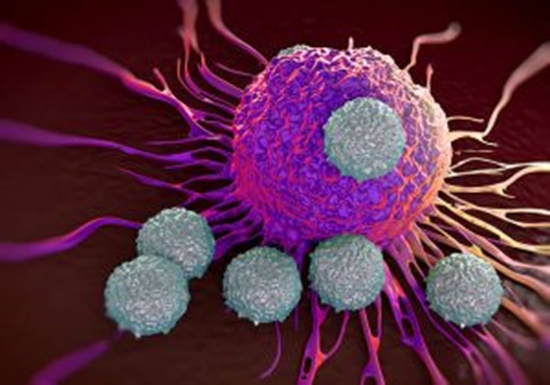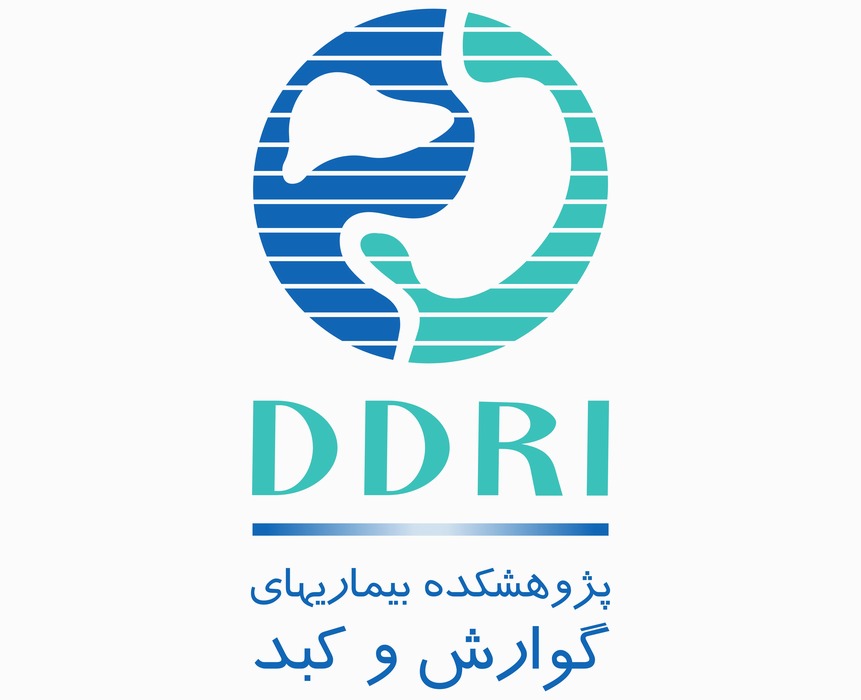Characterization of a xenograft model for anti-CD19 CAR T cell studies

Abstract
Purpose: Chimeric antigen receptor (CAR) T cell development for B cell malignancies treatment has triggered a paradigm shift in oncology. The development of anti-CD19 CAR T cells relies primarily on a panel of cell line-derived xenograft models, including Raji cells; however, the behavior of this model is under debate. We attempted to characterize this lymphoma model and propose outcome measures for CAR T cell studies METHODS: Raji cell line was inoculated into NOG mice via intra-venous (IV), intra-peritoneal (IP), and subcutaneous (SC) routes with different inoculum sizes, and consequent clinical and histopathological outcomes were assessed.
Results: Inoculum sizes of 105-106 resulted in a complete take rate. The mice with IV and SC-inoculated Raji cells presented the shortest and longest survival among lymphoma-bearing mice, respectively (P < 0.01). The IP group had the highest number of both infiltrated organs (P < 0.05; compared to SC) and involvement of lymphatic sites (P < 0.05; compared to IV). The number of lymphoma lesions on the liver was higher in the IV compared to IP (P < 0.001) and SC (P < 0.05)
Conclusion: We demonstrate that the Raji cell line inoculation route could determine the xenograft model system behavior in terms of survival, tumor burden, and dissemination pattern and gives the model the specific features suitable for testing the specific hypothesis in CAR T cell therapy. We also conclude outcome measures for CAR T cell studies that do not require imaging techniques




ارسال به دوستان